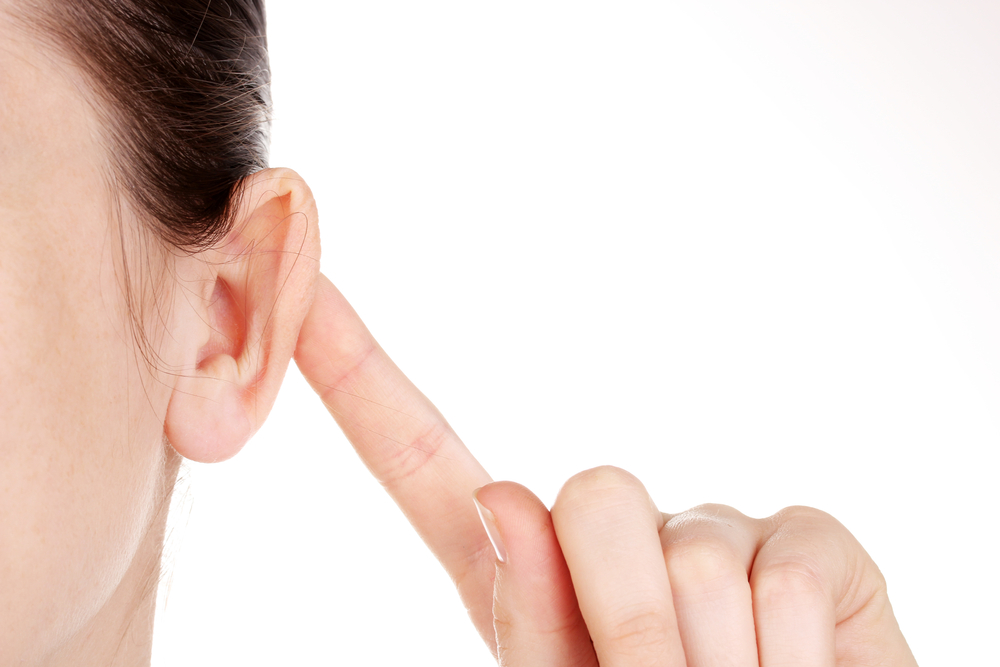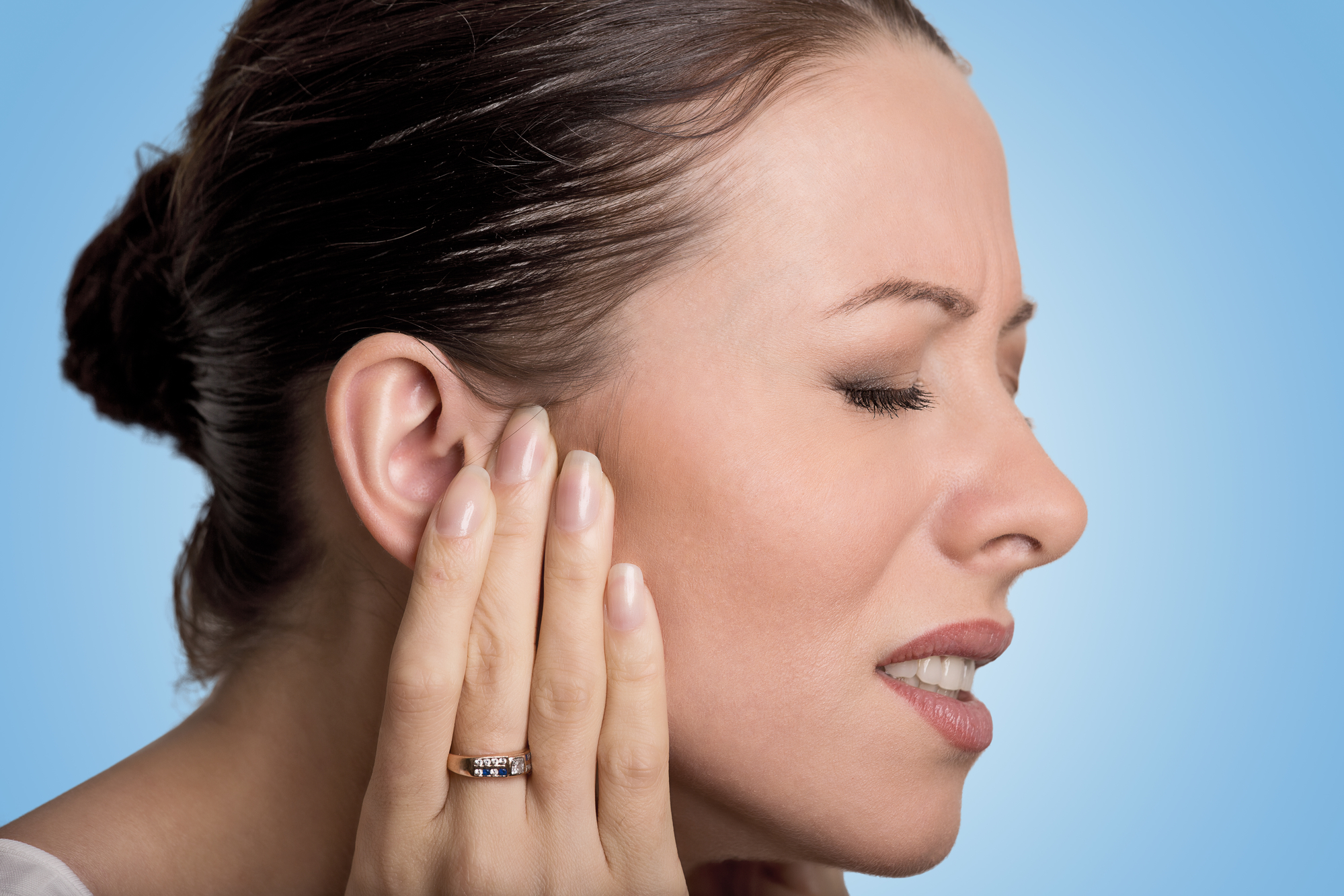Contents:
- Medical Video: 12 Things Your Stool Says About Your Health
- Various causes of bindeng ears
- 1. Earwax piles up
- 2. Hearing a loud voice
- 3. Middle ear infection (otitis media)
- 4. Meniere's disease
- 5. Signs of tinnitus
- 6. Tumor
Medical Video: 12 Things Your Stool Says About Your Health
Have you ever felt one or both ears bindeng? This condition occurs when sounds that are usually heard clearly become muffled, like something is clogging your ear. Usually, bindeng ear often occurs when you are near the airport or after swimming. But what if it continues? Maybe this is what causes your ears to become blocked.
Various causes of bindeng ears
In addition to hearing difficulties, bindeng ears can cause ringing, pain, dizziness, full ears, and balance disorders. These symptoms can appear slowly or suddenly.
Some of these conditions can be treated easily but there are also those that get worse. If this condition occurs, immediately do a doctor's examination to get the right diagnosis and treatment.
Some conditions that cause bindeng ears, namely:
1. Earwax piles up
The most common cause of bindeng's ear is earwax that builds up. Actually, earwax (cerumen) formed from wax in the ear helps protect the ear from infection. When you chew, talk or yawn, the wax will move from the inner ear to the outer ear. This makes the wax dry and peeled off.
Clean the ears using a cotton bud, usually it will push the cores deeper into the ear. This habit can cause buildup and is more difficult to clean. Over time, the buildup of dirt can clog the ears and make your ears muffle. You become difficult to hear, your ears feel full, hurt and itchy, and ring.
A few drops of mineral oil, baby oil, glycerin or hydrogen peroxide in your ear can soften the wax and make it easier to clean. If that doesn't work, see your doctor to help clean your ears from dirt.
2. Hearing a loud voice
Ear muffling can also be caused by loud noises. This can happen when you hear the sound passing earphone, watch concerts, hear noise from factories, or hear explosions.
These sounds have the potential to injure the eardrum and cause this temporary or permanent disturbance depending on how hard your ears hear. This can also cause trauma, which increases the risk of hearing loss in old age.
3. Middle ear infection (otitis media)
Reported from Very Well, in addition to accumulation of dirt, otitis media is also common, usually in children and infants. This condition causes the middle ear to become inflamed due to fluid buildup or infection.
In addition to hearing difficulties, the ears and throat will feel sore and fever. Usually this happens during a cold or cold. For ear muffling due to flu, it can be treated with drugs containing decongestants which can reduce these symptoms.
This ear disorder will disappear for approximately 4 to 6 weeks. If it does not improve, the possibility of fluid buildup has been infected and the condition is chronic. This requires further doctor care.
4. Meniere's disease
Meniere is an ear disorder that can cause permanent damage. Symptoms include impaired hearing, ringing in the ears, vertigo, ears full of pressure.
The cause of this condition is not known exactly, but it is believed to be due to a buildup of fluid in the inner ear. This can also occur due to trauma to the head near the ear, allergies, or infection by a virus.
5. Signs of tinnitus
When you feel clogged ears accompanied by ringing (hiss, whistling, sniffling, roaring, buzzing) in the ear, it can be a symptom of tinnitus. This occurs because the ears hear loud noise, use of non-steroidal anti-inflammatory drugs or can also occur due to other disorders, such as sinusitis, head or neck injuries, accumulation of dirt in the ear, and others.
Depending on the condition that causes it, tinnitus can disappear on its own or you can have this condition for a long time. There is no specific cure for this disease, but treatments and therapies obtained from a doctor can help you reduce symptoms.
6. Tumor
Although not common, tumors along the nerves that connect the ear to the brain or in the inner ear can cause hearing loss, including ear muffling.
Usually this tumor is found in people who experience hearing loss in one ear, but not in the other. Dizziness and vertigo are also signs of a possible tumor. It is very important to get a thorough evaluation from a specialist or doctor as soon as the symptoms appear.













